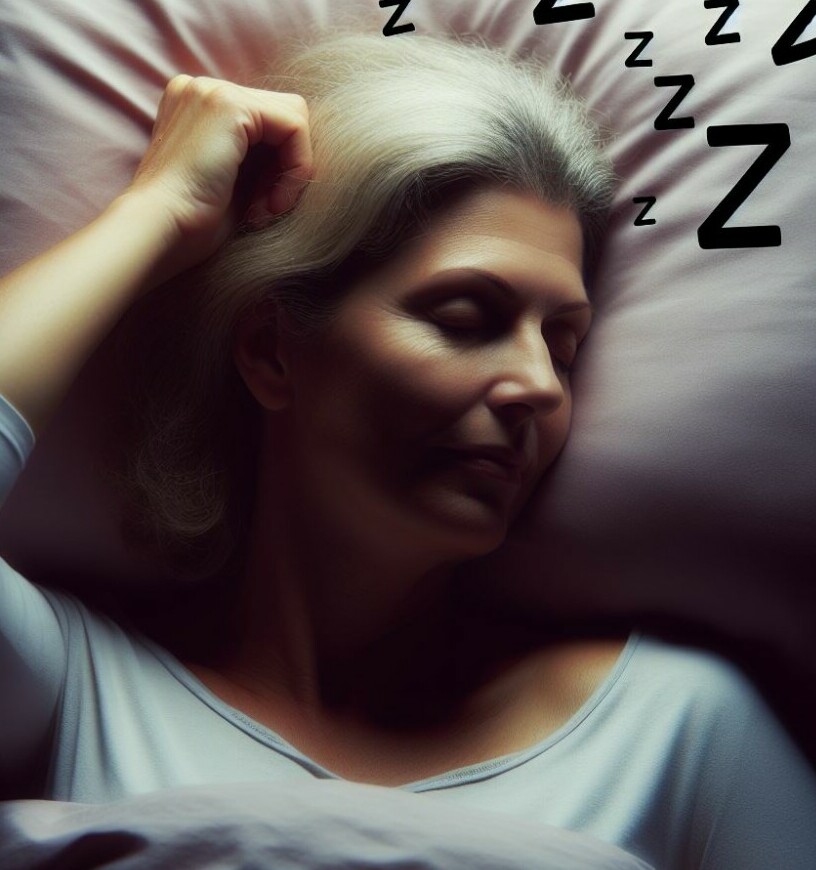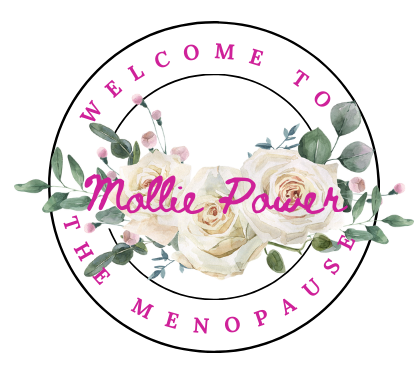
Menopause marks a significant transition in a woman’s life, one that brings various physiological changes, especially in hormone levels. The decline in estrogenic and other reproductive hormones is notable and is the primary driver of the symptoms most people associate with menopause. It is less commonly recognised that these hormonal shifts can also lead to a change in sexual desire.
This phenomenon is not merely about hormones; it is also intertwined with the psychological state of an individual. The perception of attractiveness, body image concerns, and a complex array of emotions can affect libido just as much as biological factors. This underscores the need to approach the subject with sensitivity and understanding.
Unfortunately, there are prevailing myths about menopause that lead to misunderstandings. Many assume that a reduction in sexual desire during this time is something to be accepted passively, rather than an issue that can often be addressed and improved. The reality is menopause does not equate to an end to one’s sexual life but is a change that can be managed with the right kind of support and interventions.
Health and Lifestyle Factors Influencing Libido After Menopause

How you live day-to-day plays a significant role in your sexual desire post-menopause. Regular exercise is not just about staying fit; it can also boost endorphins and improve circulation, which are both crucial for a healthy sex drive.
Diet also has a seat at the table when it comes to libido. Consuming foods rich in phytoestrogens, like soy, can help balance hormone levels, while foods high in zinc may support sexual health.
Do not underestimate the importance of sleep. Quality sleep restores energy and regulates mood, both of which can flag during menopause but are essential for maintaining sexual interest.
Stress management cannot be ignored. High stress levels can dampen your libido, making relaxation techniques like meditation or yoga not just beneficial for your mental health but your intimate life as well.
Lastly, staying connected with your own body is key. Self-exploration can help maintain sexual responsiveness and can remind you of the physical pleasures that may feel more elusive during this time.
Navigating Relationship Dynamics Amidst Menopausal Changes
It is important I stress the weight of communication in relationships, especially when facing menopausal changes. Open discussions with your partner create a bridge to mutual understanding, paving the way to an adaptable, supportive environment.
During this transition, you and your partner might encounter challenges in your intimate life. Initiating honest conversations about your experiences and feelings is not always easy, but it is crucial for maintaining a strong connection. Consider setting aside time for these talks, where both of you can express your needs and concerns without judgment.
Refreshing your intimate life requires effort and creativity. You can explore new forms of closeness or revisit past activities that both of you enjoyed. It may even be beneficial to plan regular date nights or intimate moments to keep the spark alive.
If you find it challenging to manage these changes on your own, remember that professional counselling can be incredibly beneficial. A therapist specialising in sexual health, or a couple’s counsellor can provide guidance, helping both of you navigate these waters with greater ease and understanding.
As we transition into the next section, I will outline various medical and holistic options available for those seeking to revive their libido. Remember, as with any aspect of your health and well-being, a personalised approach is key. What works for one person may not work for another, and a method that addresses your unique situation and preferences is paramount.
Medical and Holistic Therapies to Revive Libido
I recognise first hand the sensitive nature of addressing sexual desire, especially during menopause. It is crucial to remember you are not alone. A multitude of treatment options exists, ranging from medical interventions to holistic approaches.
If you are considering hormone replacement therapy (HRT), understand that it could potentially help rebalance your hormones and reignite your desire. It is vital to consult with a healthcare provider to weigh the benefits against the risks and to ensure it aligns with your health history.
Beyond traditional medicine, numerous holistic therapies may support your sexual well-being. These include acupuncture, yoga, meditation, and the use of specific herbal supplements thought to have libido-enhancing properties.
Always consider the SOURCE – Seek professional Opinions, Understand the Risks, choose wisely, and Engage with the right treatments for you. Each woman’s journey is unique, and the best course of action is one that is personalised to your needs and lifestyle.
To conclude, menopause can challenge one’s intimate life, but it does not dictate it. With the right guidance, support, and willingness to explore different solutions, you can continue to have a rewarding and fulfilling intimate journey. It is not just about finding a quick fix; it is about creating a sustainable, enjoyable approach to intimacy that works for you.
Your Story is the Star! Share Your Experience with Us!
Welcome to The Menopause
In the tapestry of stories, yours adds the most vibrant hue! After immersing ourselves in the latest post, we are not simply curious – we are excited to be part of your story.
Did a particular point hit close to home? Or do you have a unique take that is waiting to be unveiled? Let us turn this space into a treasure trove of diverse experiences.
Do not be shy—drop a comment below and let us kick off a conversation that resonates with authenticity. Your voice is the melody in our symphony of stories, and we cannot wait to hear your insights!
Here is to sharing, connecting, and weaving our narratives together!
Cheers to your story, beautifully told!
